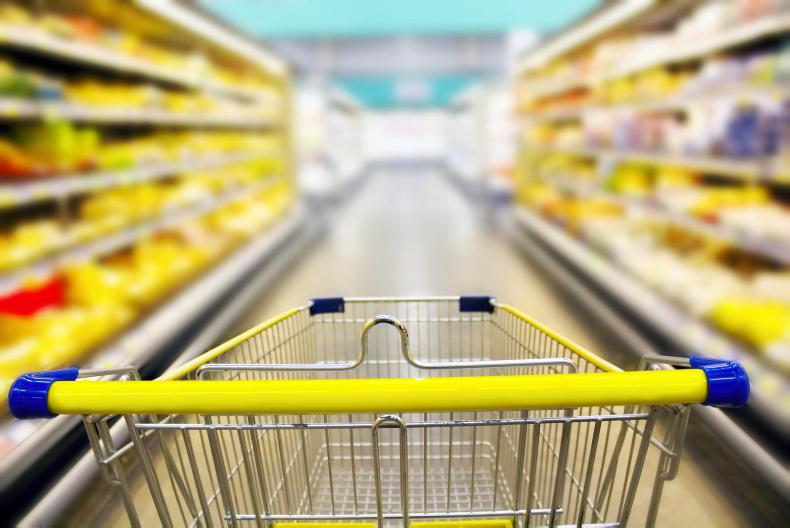Global food prices have remained steady in November, as falling international prices for cereals, meat and dairy products were offset by increased prices for vegetables, oils and sugar, according to the Food and Agriculture Organisation (FAO) of the United Nations (UN).
The FAO food price index, which tracks monthly changes in international prices of food commodities, averaged just slightly higher than the level of November 2021, having fallen consistently since summer.
Notwithstanding this, the FAO index, in real terms, remains substantially above the peak of 2010.
Despite the moderation in commodity prices, consumers who have yet to feel the full impact of rising commodity prices and are still feeling the pinch of food price inflation.
World dairy and grain prices falling
The FAO dairy price index, which fell for the fifth consecutive month, still remains over 9% above its value a year ago.
In November, international quotations for skim milk powder fell the most, reflecting lower import demand.
Whole milk powder dropped substantially due to weaker Chinese demand, while butter prices suffered from weaker import demand as consumer resistance bites.
The cereal price index, while down in November, remains 6.3% above its value a year ago.
World wheat prices dropped in November, largely as a result of Russia rejoining the Black Sea grain initiative and the extension of the agreement.
World maize prices, similarly influenced by the Black Sea initiative, also fell in November.
Food prices continue to influence inflation
Despite the current moderation in the FAO food price index, the full impact of the increased cost of food continues to be felt by consumers globally.
Euro area annual inflation is expected to be 10% in November, down from 10.6% in October.
Despite this overall moderation, food price inflation is expected to increase to 13.6% in November, up from 13.1% in October, continuing the upward trend from spring. By comparison, annual food price inflation was 2.2% in November 2021.
The president of the European Central Bank (ECB) Christine Lagarde last week warned that Eurozone inflation had not yet peaked and risks rising even further. This has fuelled expectations of further interest rate increases by the ECB.
Annual food price inflation in Ireland was 10.6% in October, up 1.1% within the month.
Consumers saw significant price increases for key foodstuffs in October, with the price of a sliced pan increase by over 25c, two litres of milk up 43c and a pound of butter up 60c when compared with October 2021, according to the Central Statistics Office.






 This is a subscriber-only article
This is a subscriber-only article











SHARING OPTIONS: